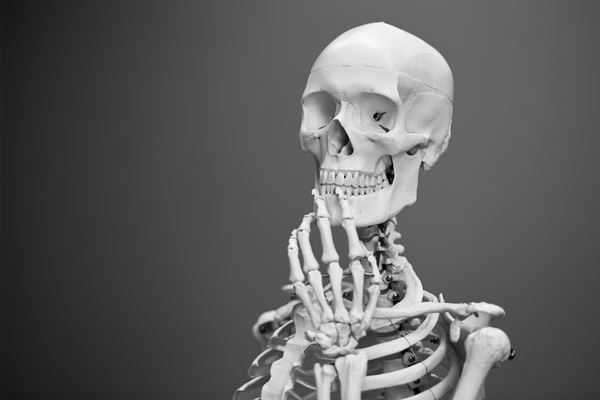It has been said that the brain is the “repository of one’s soul.” Therefore, an act which causes either a loss of consciousness or an altered state of consciousness could in fact be what is known as a “Catastrophic Brain Injury” or, more commonly, a “Traumatic brain injury” (TBI). TBI can be caused in many difference ways and has ranges of severity.
“Closed head injury” is one type of TBI. This TBI is caused by rapid acceleration and deceleration of the brain. Examples of a “closed head injury” can be whiplash or shaken baby syndrome.
The American Congress of Rehabilitation Medicine (ACRM) developed a widely recognized definition of mild traumatic brain injury (MTBI). ACRM cited some common aspects of MTBI in their definition, including:
1. A loss of consciousness is always not required to accompany TBI.
2. In case a loss of consciousness does accompany a traumatic event, it is for a period of time of 30 minutes or less (otherwise likely more severe than MTBI).
3. Some altered state of consciousness at the time of the occurrence is expected (dazed, disoriented, and/or confused).
The traumatic events that can cause an MTBI include:
1. The head being struck;
2. The head striking an object; and,
3. The brain undergoing an acceleration/deceleration movement (i.e. whiplash) without direct external trauma to the head.
Therefore, unlike a closed head injury, where a person may not visibly appear to have MTBI or be injured, this kind of TBI typically has visible symptoms of injury such as a skull fracture.
TBI and its other resulting injuries can have long-lasting effects, perhaps even life-long, and be complex to prove. This is especially possible when there are no visible signs of an injury. In fact, a routine neurological examination can yield normal results for a mild traumatic brain injury.
A person suffering from a TBI may experience physical, cognitive and behavioral problems. The physical symptoms that result from TBI include headache, vision problems, sleep disturbance, lethargy, and fatigue. Cognitive problems that may be due to TBI include inability to concentrate or pay attention, difficulty with memory, difficulty with planning, and trouble either understanding or producing speech. Behavior problems resulting from TBI include, mood swings, irritability, and lack of inhibition. Many of these problems may be attributed to depression, when they are in fact a result of the TBI. This is especially true in instances of mild traumatic brain injury since there may be little other evidence of physical injury.
For that reason it can be hard for a person who has suffered a traumatic brain injury to recover adequate damages for their injuries. It can be difficult to prove the lasting physical effects of TBI to the satisfaction of a judge or jury when there are no apparent physical injuries and when neurological exams return normal results.
Because of this it is a good idea to consult with an experienced attorney at Pride Legal, who carries extensive experience with traumatic brain injury cases. Pride Legal’s attorneys have prior experience in this area is more likely to be aware of the multitude of long-term effects that can plague a TBI victim. Our attorneys also have experience with effective methods of proving the impact of these effects. Contact Pride Legal today!

